January 14, 2025 | 07:28 GMT +7
January 14, 2025 | 07:28 GMT +7
Hotline: 0913.378.918
January 14, 2025 | 07:28 GMT +7
Hotline: 0913.378.918
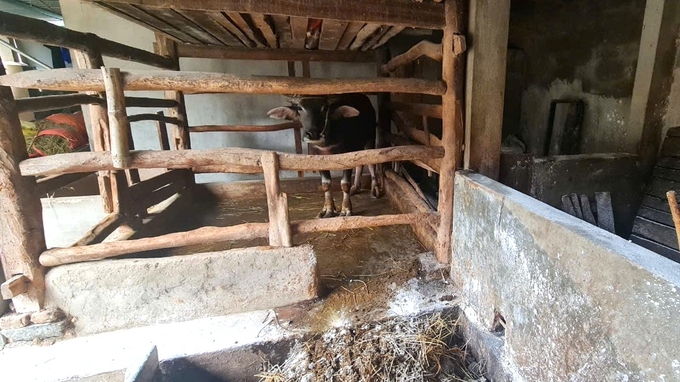
Small-scale and household-scale farming is unable to ensure biosecurity and disease safety, which are the main causes of disease spread. Photo: Viet Khanh.
Tran Khac Thinh, Director of Minh Loi Cooperative, a pioneer in applying organic clean pig farming in the province, said, “Currently, we have expanded our network widely with a scale of nearly 3,000 pigs. Pig farming faces many risks of disease. If you are negligent, you will have to pay a high price. To control the farm environment well, it is necessary to strictly follow the steps and absolutely not allow outsiders to access the farming area. You should also combine a variety of disease prevention methods such as sprinkling lime powder, spraying disinfectants and proactively vaccinating livestock”.
There is a growing consensus that large-scale enterprises and farms with large herds like Minh Loi Cooperative are always one step ahead when it comes to disease prevention. This is in complete contrast to the small-scale households that account for 60 - 65% of Nghe An's total pig herd.
This is clearly shown in the vaccination results for the spring crop of 2024. Actual records show that the vaccination coverage rate for foot-and-mouth disease is nearly 33%, for haemorrhagic septicaemia 33.7%, and for swine pasteurellosis 25.8%. The highest rates for African swine fever and canine rabies are not yet over half, reaching 46% and 49% respectively. Meanwhile, lumpy skin disease and avian influenza hold the lowest rates, reaching 14.8% and 12% respectively.
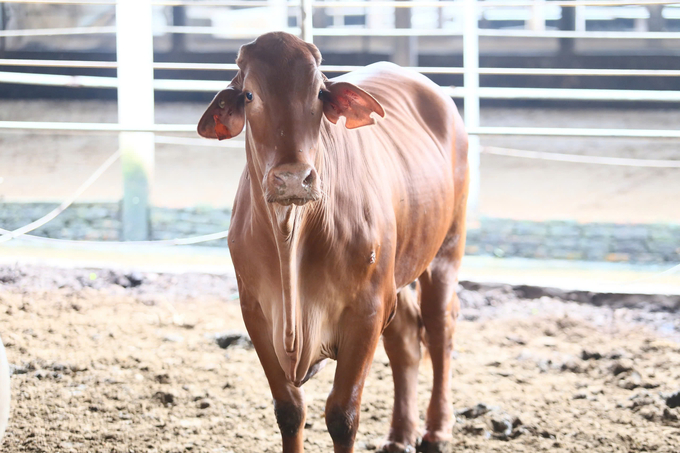
The vaccination rate for livestock in Nghe An is still low. Photo: Viet Khanh.
In the autumn crop, the situation has not changed, the implementation progress is still slow, the success rate is too low, even some mountainous districts have not organized vaccination (recorded by the end of October 2024).
Nghe An Sub-Department of Livestock Production and Animal Health states a series of reasons leading to the epidemic, in which two prominent issues stand out. Household and small-scale livestock farming methods do not ensure conditions of biosecurity and disease safety. The vaccination rate for livestock and poultry in many localities remains low, not reaching the required threshold of protection for livestock.
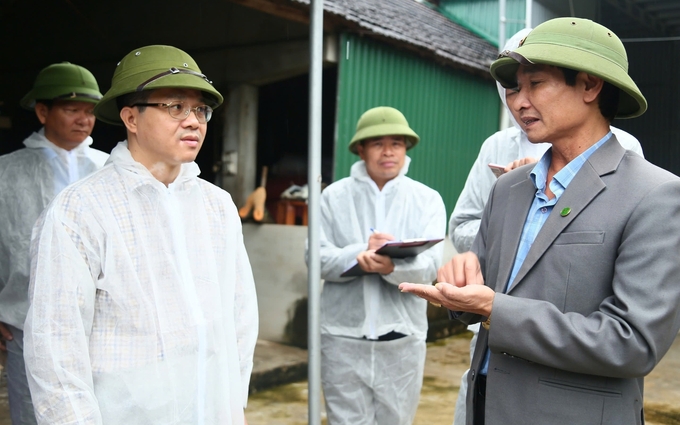
Potential livestock epidemics put a lot of pressure on specialized agencies and local authorities. Photo: Viet Khanh.
The majority of farmers claim that African swine fever is the disease that has caused them to lose sleep and appetite the most in recent years. Given this context, it is necessary to expand vaccination coverage to minimize the risk, but in reality it is no easy task.
The entire Nghe An province has a total herd of over 1 million pigs/year, but less than 1/5 of them are fully vaccinated. To give an example, only over 1,700 doses were administered in 2023. In some areas such as Anh Son, Yen Thanh, and Vinh, the number of doses could be counted on the fingers. The subjective thinking of farmers and authorities is one thing, but the high price of vaccines also proves to be an obstacle.
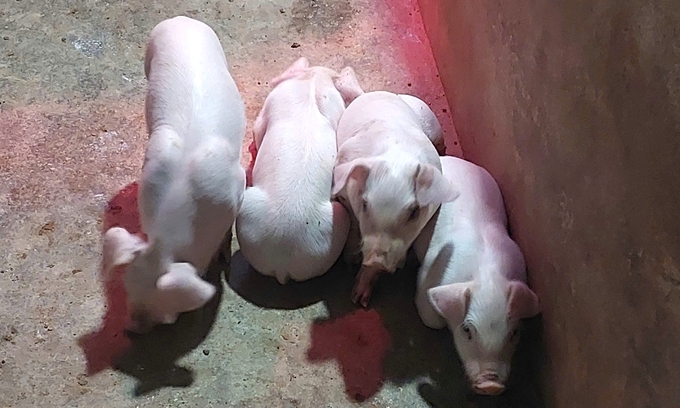
Each dose of the African swine fever vaccine costs over VND 60,000, which is apparently a big problem for farmers in Nghe An. Photo: Viet Khanh.
Yen Thanh district is considered a miniature picture of Nghe An's livestock industry with a large herd but the fragmented form of livestock farming still occupies a large proportion, the disease has been lurking since the beginning of the year and it also comes from this locality. Currently, African swine fever appears sporadically in 12 communes. Most households only raise 1 - 2 pigs and the number of pigs destroyed is not much, but the risk of disease spreading is very high. The grim situation in Yen Thanh district is also a common concern in Dien Chau, Thanh Chuong, Hung Nguyen, Quynh Luu, and Anh Son districts.
“There is currently a vaccine to protect pigs against African swine fever, but most farmers have not applied it, partly due to the high cost (over VND 60,000/dose). We have made proposals to the People's Committee of Nghe An province, the Department of Agriculture and Rural Development, and the Sub-Department of Livestock Production and Animal Health to discuss and apply a policy to partially support the cost of vaccine purchase to increase the vaccination rate, thereby ensuring the safety of the pig herd,” said Nguyen Trong Huong, Director of Yen Thanh Agricultural Service Center.
Translated by Samuel Pham
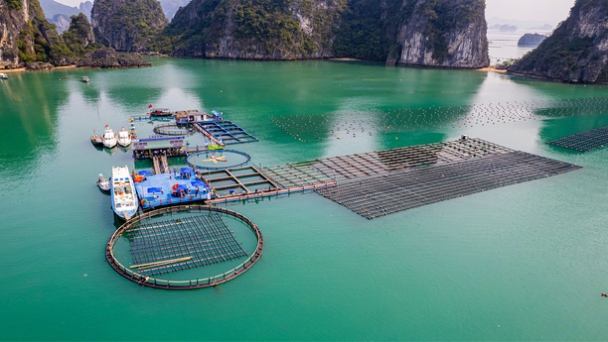
(VAN) Marine spatial planning, enhanced forecasting capabilities, and the provision of marine insurance are key focus areas in aquaculture cooperation between Vietnam and Norway.
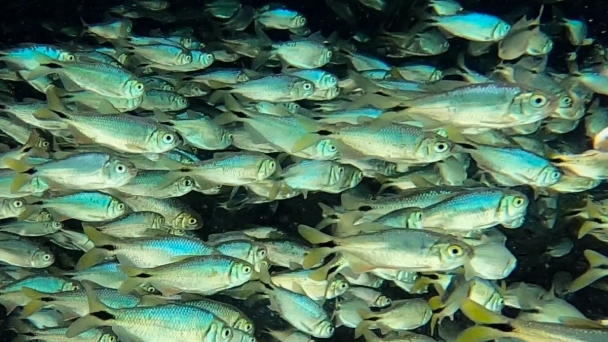
(VAN) The largest global assessment of freshwater animals on the IUCN Red List of Threatened Species reveals that 24% of the world’s freshwater fish are at high risk of extinction.

(VAN) The quality of agricultural products is not only key to winning the trust of international consumers but also crucial to attracting investments in food processing and production technology.
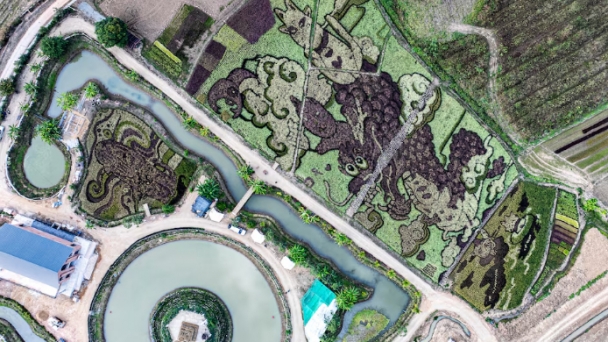
(VAN) Since the paddy art's launch in December, thousands of visitors, including students, families and locals, have visited, finding inspiration, hope and reflection, he said.
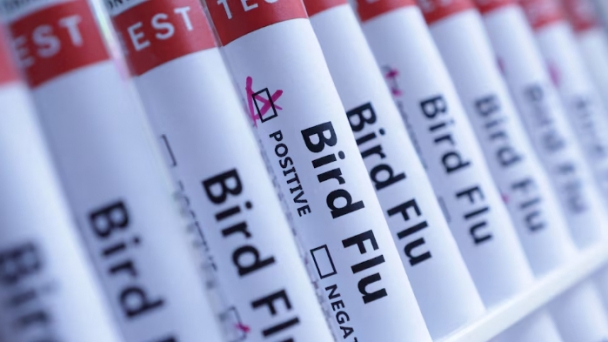
(VAN) Trade risks hinder immediate vaccine deployment, Agriculture Secretary Vilsack has said.

(VAN) Minister of Agriculture and Rural Development Le Minh Hoan reaffirmed Vietnam’s commitment to South-South cooperation with Togo during his meeting with the Minister of Foreign Affairs, African Integration, and Togolese Abroad on January 9.
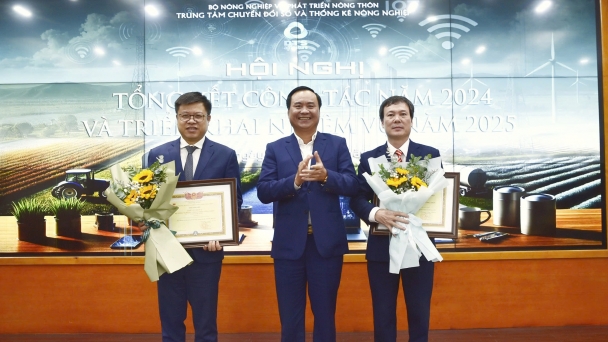
(VAN) This is the directive of Deputy Minister Vo Van Hung when assigning tasks to the Center for Digital Transformation and Agricultural Statistics in 2025.